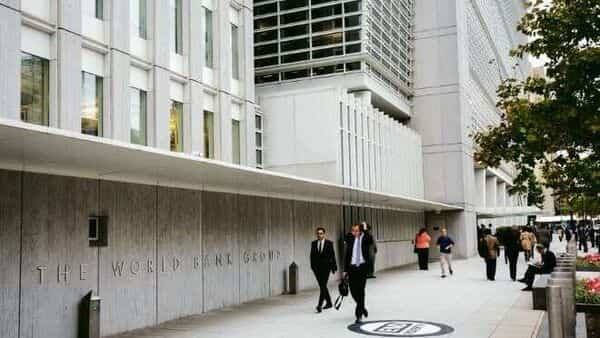[ad_1]
NEW DELHI : As temperatures rise in India due to climate change, keeping spaces cool using alternative and innovative energy-efficient technologies can open an investment opportunity of $1.6 trillion by 2040, according to a report by World Bank published on Wednesday.
“This has the potential to reduce greenhouse gas emissions significantly and create nearly 3.7 million jobs,” it said.
The report, “Climate Investment Opportunities in India’s Cooling Sector” said shifting to a more energy-efficient pathway could lead to a substantial reduction in estimated CO2 levels within two decades.
“India’s cooling strategy can help save lives and livelihoods, reduce carbon emissions, and simultaneously position India as a global hub for green cooling manufacturing,” Auguste Tano Kouamé, World Bank’s country director in India, said. “The report suggests a sustainable roadmap for cooling that has potential to reduce 300 million tonnes of carbon dioxide annually by 2040,” it said.
“India is witnessing higher temperatures every year. By 2030, over 160-200 million people across the country could be exposed to lethal heat waves annually. Around 34 million people in India will face job losses due to heat stress-related productivity decline,” it said.
World Bank said food loss due to heat during transportation is nearly $13 billion annually. “By 2037, the demand for cooling may be eight times more than current levels. This means there will be a demand for a new air-conditioner every 15 seconds, leading to an expected rise of 435% in annual greenhouse gas emissions in the next two decades.”
Recognizing this challenge, India is deploying new strategies to help people adapt to rising temperatures, it said. In 2019, it launched the India Cooling Action Plan (ICAP) to provide sustainable cooling measures across various sectors, including indoor cooling in buildings and cold chain and refrigeration in agriculture and pharmaceuticals, and air-conditioning in passenger transport. Its aim is to reduce demand for cooling by 25% by 2037-38.
The report proposes a roadmap to support ICAP’s investments in three sectors: building construction, cold chains, and refrigerants.
Adopting climate-responsive cooling techniques for both private and state-funded constructions can ensure that those at the bottom of the economic ladder are not disproportionately affected by rising temperatures.
The report suggested that India’s affordable housing programme, Pradhan Mantri Awas Yojana (PMAY), can adopt it on scale, which could benefit over 11 million urban homes and over 29 million rural houses that the government aims to construct.
Download The Mint News App to get Daily Market Updates & Live Business News.
[ad_2]
Source link
John Miller has been writing about science, gaming, and tech culture for over a decade. He’s a top-rated reviewer with extensive experience helping people find the best deals on tech and more.


